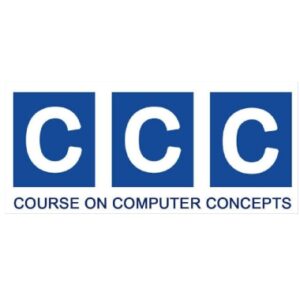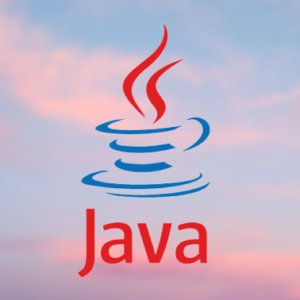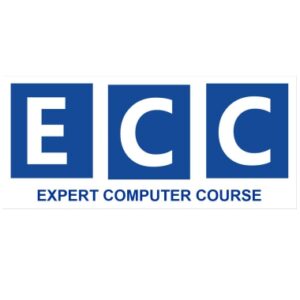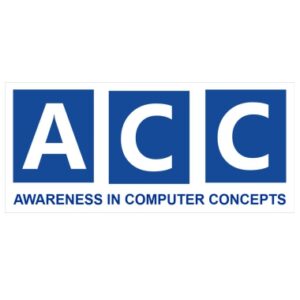ChatGPT
The Advanced Diploma in Computer Application (ADCA) is a comprehensive certification program designed to provide individuals with advanced knowledge and skills in various areas of computer science and information technology. It is tailored for individuals seeking to enhance their expertise in computer applications, software development, and IT infrastructure. Here’s a detailed description of what the ADCA course typically covers:
- Computer Fundamentals: The ADCA course begins with an overview of computer fundamentals, covering topics such as computer architecture, data representation, operating systems, and computer networking. Participants gain a solid understanding of how computers work and interact with each other in a networked environment.
- Programming Languages: Participants learn programming languages such as C, C++, Java, or Python. They delve into advanced programming concepts, data structures, algorithms, and object-oriented programming principles. Practical exercises and coding projects help students develop problem-solving and software development skills.
- Database Management Systems (DBMS): The course covers advanced topics in database management, including relational database design, SQL programming, database normalization, transaction management, and database administration. Participants gain hands-on experience in working with popular database systems such as MySQL, Oracle, or Microsoft SQL Server.
- Web Development: Participants learn web development technologies such as HTML, CSS, JavaScript, and PHP or ASP.NET. They explore front-end and back-end web development concepts, web design principles, responsive web design, and web application development frameworks. Practical projects involve creating dynamic and interactive websites and web applications.
- Software Engineering: The ADCA course covers software engineering principles and methodologies, including software requirements analysis, software design, software testing, and software project management. Participants learn about software development life cycle models (such as waterfall, agile, and iterative), version control systems (e.g., Git), and software quality assurance techniques.
- Operating Systems Internals: Participants gain insights into the internal workings of operating systems, focusing on kernel architecture, process management, memory management, file systems, and device drivers. They learn about operating system design principles, performance optimization techniques, and system administration tasks.
- Network Security: The course emphasizes the importance of network security and cybersecurity best practices. Participants learn about common security threats (such as malware, phishing, and hacking) and defensive measures (such as firewalls, intrusion detection systems, and encryption). They also explore ethical and legal considerations related to cybersecurity.
- Cloud Computing: Participants explore cloud computing concepts, architectures, and deployment models. They learn about cloud computing services (such as Infrastructure as a Service, Platform as a Service, and Software as a Service) and cloud platforms (e.g., AWS, Azure, Google Cloud). Practical exercises involve deploying and managing cloud-based applications and services.
- Emerging Technologies: The ADCA course covers emerging technologies shaping the future of IT, such as artificial intelligence, machine learning, blockchain, Internet of Things (IoT), and augmented reality (AR) / virtual reality (VR). Participants gain insights into the potential applications, challenges, and opportunities presented by these technologies.






Reviews
There are no reviews yet.